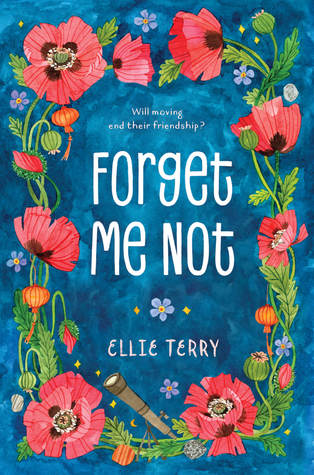 McGovern, Cammie. Chester and Gus
McGovern, Cammie. Chester and GusApril 4th 2017 by HarperCollins
Copy provided by Young Adult Books Central
Chester is a chocolate lab who is trained as a puppy to be an assistance dog by Penny. When he fails the test because he startles significantly at loud noises, he is offered to a family with a severely autistic son. Penny is not pleased, because Chester is very bright, and she asks Sarah, Gus' stressed out mother, to continue with Chester's training to read flashcards. Sarah agrees, but Gus is not happy with having a dog, and the transition is rough. The school allows the dog in as a therapy dog, but the other teacher in Gus' grade is not pleased. Gus does not speak, and has frequent bathroom accidents, although Chester is able to realize that he is fond of one of the cafeteria ladies, and hopes that he can get Gus to communicate his passions with his parents and teacher. Eventually, the school decides that only certified assistance dogs can be in the school, but when Gus has a seizure, Sarah hopes that Chester can accompany him to school as a seizure dog. Gus is returned briefly to Penny, who doesn't train him for seizure awareness at first, concentrating instead on his ability to read. Eventually, Chester and Gus are able to go to school together and Gus begins to make some progress.
Like Rorby's How to Speak Dolphin and Baskin's Anything But Typical, Chester and Gus explores how a character on the autism spectrum fits into his world. Told from the point of view of the dog, we don't see as much of Gus' feelings, but we do see more of the reactions from the people around him. Sarah's frustration and hope are palpable, his teacher's kindness and patience shine through, and we even see Penny's complicated relationship with the dogs she trains. Chester is an exceptionally bright dog, and telling the story through his eyes gives it a fresh appeal to middle grade readers.
Autism is a complicated condition, and is not the same from individual to individual. Gus' seizure disorder makes his medical care even more complicated. Schools have different policies as to how to handle service animals, and I thought that the way the school dealt with Chester was true to life. Since Gus lacked skills in dealing with other students, I can see how a classroom teacher might encourage children to interact with Chester as long as they also included Gus, even though children are usually encouraged to leave service animals alone.
Dog stories like A Dog's Purpose are becoming very popular, and Chester's tale will be popular with readers who enjoy Klimo's Dog Diaries, Pyron's A Dog's Way Home, and Martin's Everything for a Dog.
That said, something about this made me uncomfortable. The adults in the story were not always honest. Sarah gets the dog accepted into the school under false pretenses, since Chester is not certified. Penny is too emotionally involved and is set on teaching Chester to read. The other teacher is just not helpful and doesn't consider anyone but herself when getting Chester removed from the school. We have an autism spectrum unit at our school, and had a student with a therapy dog, but that process seemed to be more well thought out. I have no concrete objections, but some things just did not feel right. Our autism unit teacher did not like this. She thought it was too far fetched that the dog could read the boy's thoughts and felt, like I did, that Gus was not engaging as a character. I am going to pass.
 Terry, Ellie. Forget Me Not
Terry, Ellie. Forget Me NotMarch 14th 2017 by Feiwel & Friends
ARC from Baker and Taylor
Calli' mother moves every time she breaks up with a boyfriend. This time, Calli meets a neighbor boy, Jin, who seems nice. Since she has Tourette's Syndrome but has been instructed to never tell anyone, Calli has a hard time fitting in. She wears odd vintage clothing to try to deflect attention, but it doesn't work. Jin like her and wants to be nice to her, but doesn't want his friends to make fun of him. Calli eventually manages to tell her teacher about her condition and gets a little more understanding, but then her mother moves yet again. The chapters from Calli's perspective are in verse, but Jin's are in prose.
Strengths: There is a lot of good information about what it is like to have Tourette's. The author's note states that her experience with the condition is similar to Calli's, and that she herself was told not to tell people that was what was causing her difficulties. The friendship between Calli and Jin is endearing.
Weaknesses: This is definitely a sad book, and Calli's mother is very dysfunctional. I have had students with Tourette's, and even twenty years ago they told the school what their challenges were, so I don't know that this book illustrates what usually happens in schools today. Also, I'd love to know where Calli shops, because it's hard to find vintage clothing in tween sizes!
What I really think: Think I will pass, although I would like to see a character with Tourette's in a book, although perhaps not a book in verse.

























No comments:
Post a Comment